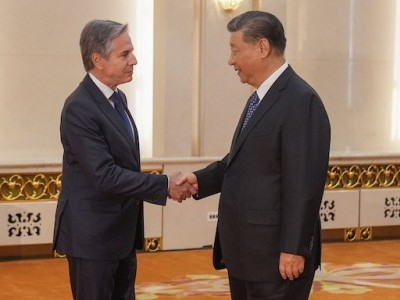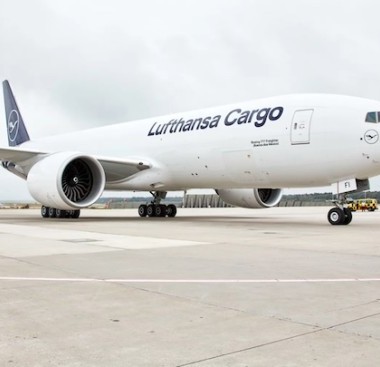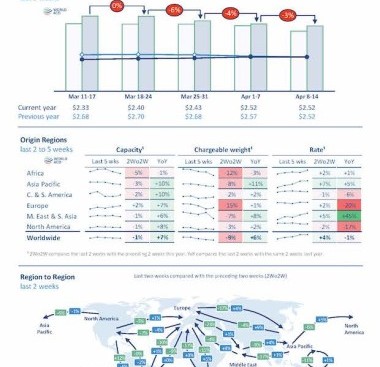South Korea to cut energy imports to ease record trade deficit
South Korea is rushing to find ways to reduce expensive energy imports after surging fuel costs and a weakening won pushed the country’s trade deficit to a record.
The government is considering raising power bills to drive down energy consumption, according to the energy ministry. That will reverse its previous policy of limiting increases to protect consumers. Reducing imports is one way to help sustain a stable current account balance, Finance Minister Choo Kyung-ho said in a meeting earlier this week.
South Korea posted its worst-ever trade deficit in August after energy prices surged, and the currency weakened to levels last seen during the financial crisis over a decade ago. The global power and fuel crunch, exacerbated by Russia’s invasion of Ukraine, has sent natural gas and coal prices soaring to records this year.
It won’t be easy for Korea to cut energy imports. The nation is rushing to refill gas inventories before winter, and any slowdown in deliveries puts it at risk of fuel shortages when temperatures drop.
The cost to import crude, liquefied natural gas and coal surged 89% to $125 billion for the first eight months of this year from the same period in 2021, according to Korea Customs Service data. To maintain a reliable supply of electricity, the government will find ways to energy efficiency and reduce demand, the energy ministry said in a statement Friday.
Korea Electric Power Corp. has kept power prices unchanged to shield the public from inflation. The state-owned utility is now grappling with record losses, and asked the government to hike electricity rates by 50 won ($0.04) per kilowatt-hour in the fourth quarter, compared with increases of just 5 won in previous quarters, according to a company official who asked not to be identified because the information is private.
South Korea’s electricity consumption from all sectors increased in the first half of this year, since demand wasn’t affected by the rally in global prices, according to the energy ministry. “Normalizing” power prices is under consideration in order to give the right signals to the local market, it said.
“We need support from both the public and private sectors, as well as the citizens, to overcome the current crisis,” Vice Minister Park Il-jun said in a statement from the energy ministry. The government will “weigh various measures to minimize a hike in electricity bills,” he said.
Similar Stories
Mexico trade surplus soars as slowing demand damps imports
Mexico’s trade surplus was four times as large as economists had forecast in March as slowing demand damped imports.
View ArticleBritons finally taste full Brexit as costly border checks begin
EU food imports to the UK are about to get more expensive and complicated as the British government implements the Brexit deal.
View Article
Xi warns Blinken against ‘vicious competition’ between US, China
View Article
Sanctioned tankers giant passage to India is test case for oil
View ArticleNCBFAA elects new officers and board members for 2024-2026
The National Customs Brokers and Forwarders Association of America (NCBFAA), following its 51st Annual Conference in Fort Lauderdale, Florida, on April 14-17, finalized its election today of a new slate…
View ArticleAdnoc buys Iraqi oil in plan to export its own more pricey crude
United Arab Emirates oil giant Abu Dhabi National Oil Co. imported a crude oil cargo in a rare move after upgrading its only refinery, which will allow it to sell…
View ArticleGet the most up-to-date trending news!
SubscribeIndustry updates and weekly newsletter direct to your inbox!





